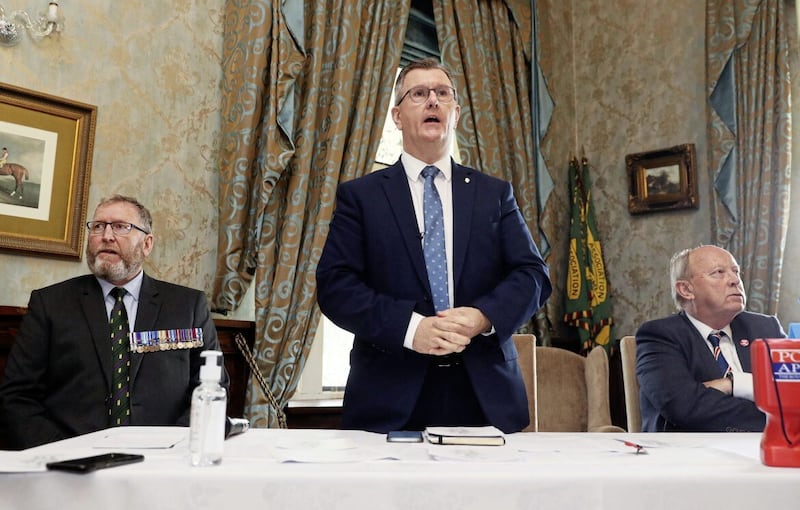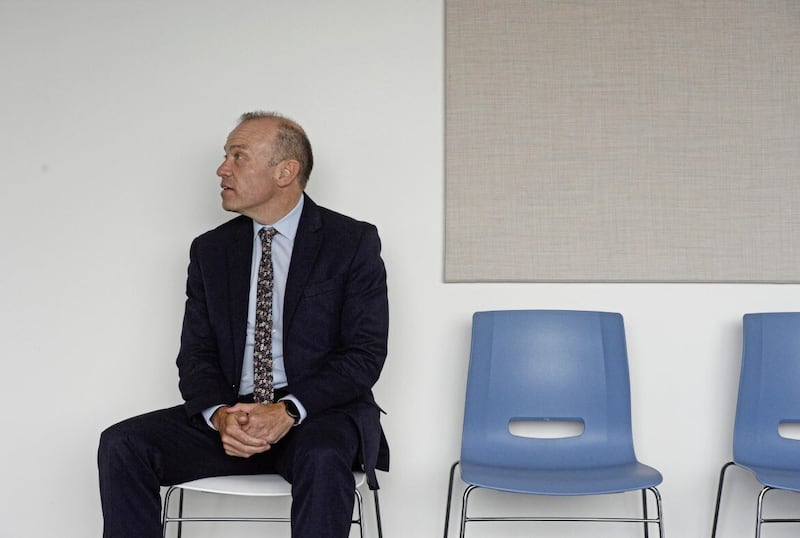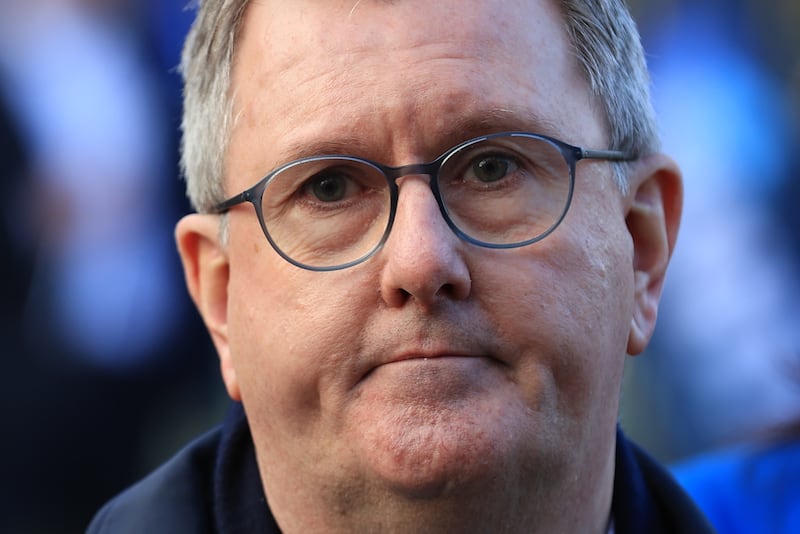My immediate reaction, on hearing that Chris Heaton-Harris had chosen February 8 as his latest deadline (I wonder how many minutes have passed since his original ‘one minute past midnight deadline’), was to wonder why he hadn’t opted for the much more appropriate February 2: Groundhog Day.
At least we know where we are with that particular day, and so it wouldn’t come as any particular surprise if we had to go through the whole thing again and again and again until Jeffrey learned to play the piano and carve an ice sculpture (you’ll need to watch the film to understand what I mean).
In the event that an executive hasn’t been formed by one minute past midnight on the 9th, Heaton-Harris has a legal requirement to set the date for an election. He’s not going to. We know it and he knows it. He may be giving Donaldson a bit of wriggle room to put a Deal or no Deal vote to his party officers, but he’s not going to punish him if he doesn’t.
Let’s face it, if an executive can’t be formed because the DUP, for whatever reason, won’t form it, then I’m not sure what purpose is served by an election, the aftermath of which would have to be an attempt to form the executive the DUP hasn’t been prepared to say yes to since May 2022. Do you see what I mean by Groundhog Day?
- Alex Kane: The moment and decision for the DUP was always comingOpens in new window
- New Irish Sea checks make matters even worse for dithering Donaldson – Brian FeeneyOpens in new window
- The DUP is a busted flush. It has nothing to offer its own electorate, never mind the rest of us – Tom CollinsOpens in new window
Also, Heaton-Harris won’t want an election that damages the DUP at the hands of the TUV, because that would be to kiss goodbye to devolution until hell freezes over or I grow a new set of hair.

There is also the possibility, slim I admit, that the DUP could nudge one seat ahead of SF and lay claim to the first minister title again. That creates a whole new set of problems, not least the likelihood that SF would refuse an invitation to appoint a DFM, having not been able to be elected to the role of first minister when it was the largest party. It would also confirm a belief which seems fairly widespread across nationalism that the DUP simply don’t want to be deputy to either SF or a Catholic of any kind.
All in all, then, an election seems unlikely to produce the sort of outcome which could break through the ongoing impasse. I know there are some people who think that an election might see the DUP hit by a transition of their voters to the UUP or Alliance; although this view seems to be pinned on the notion that there are lots of DUP voters who are now tired of the assembly boycott and want an assembly to deal with the serial crises across health, education, pay settlements et al. But I’m fairly sure that tomorrow’s latest LucidTalk poll will indicate solid support for the boycott across the DUP, UUP and TUV (which may even see an increase in support).

The choice the DUP really faces is between an imperfect devolution (which gives the DUP a power base here), or hybrid direct rule (which reduces the DUP and unionism to puppet status)
But, as I noted in a piece for The Irish News last Saturday, Donaldson cannot keep putting off a final decision on whatever deal he has with the government: a deal which is, bar a clarification or two, finished. The longer he leaves the decision, the easier he makes it for his internal and external opponents to shred it and make up anything they like about it – on the basis that only a few people actually know the entire contents.
Ironically, the debate isn’t about the wonders a new executive would perform, let alone how cooperative and collectively committed to a programme of government it would be. It was, to be honest, never about that from the DUP perspective.

The choice it really faces, and I’ve banged on about it since January 2020 – when the NI Protocol was endorsed by the Johnson government – is the one between an imperfect devolution (which gives the DUP a power base here), or hybrid direct rule (which reduces the DUP and unionism to puppet status).




